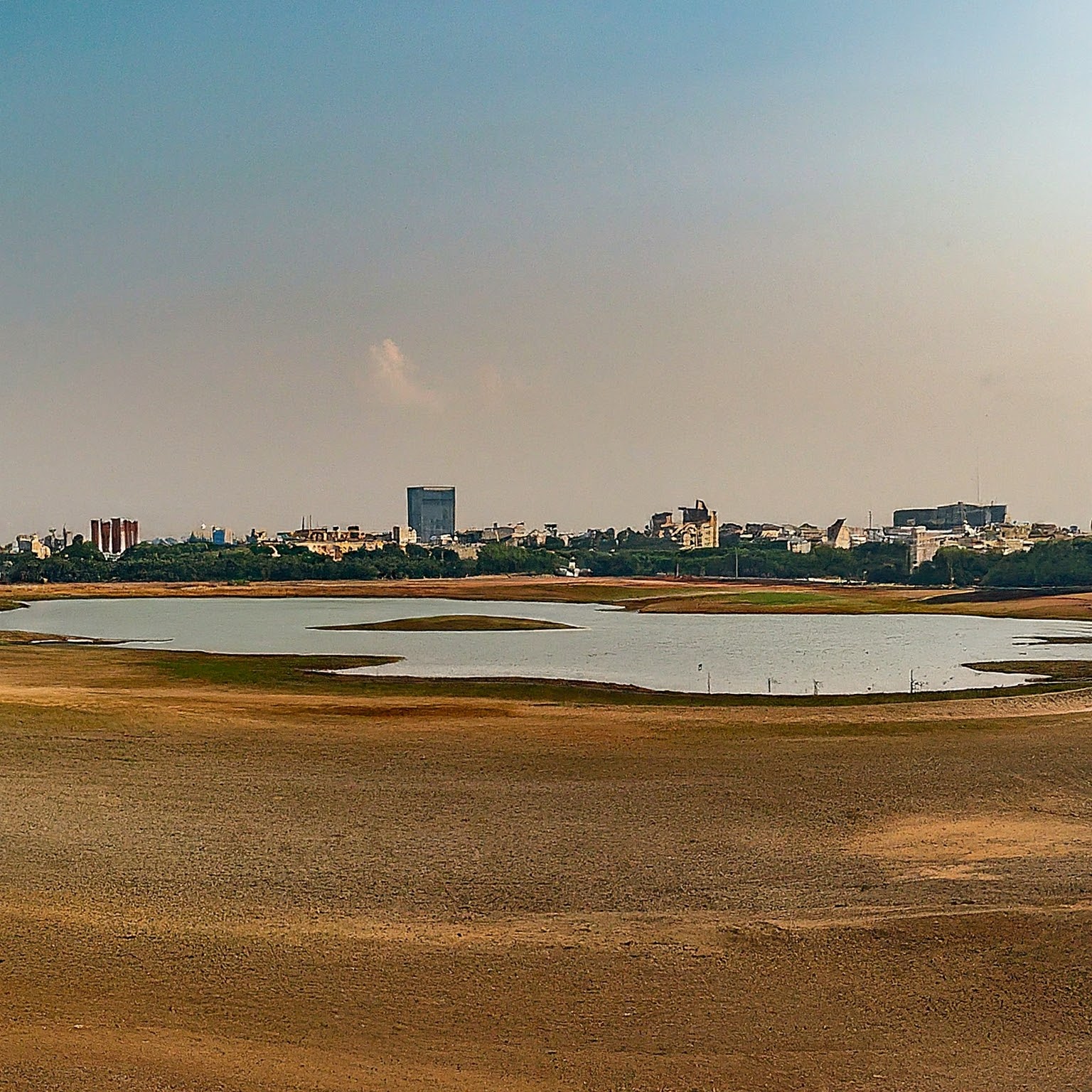
Introduction:
Bangalore, once renowned as the “City of Lakes,” now finds itself facing an acute water shortage in 2024. This crisis is not merely a result of natural phenomena but rather a consequence of decades of manmade mismanagement and neglect of precious water resources. As Bangaloreans struggle with dwindling water supplies, it becomes imperative to dissect the root causes of this crisis, emphasize the crucial need for water conservation, and explore sustainable solutions to secure the city’s water future.
The Decline of the City of Lakes:
Historically, Bangalore was blessed with an abundance of natural water bodies, earning it the moniker “City of Lakes.” However, rapid urbanization and unchecked development have led to the systematic destruction of these once-thriving ecosystems. Encroachments, pollution, and unsustainable land use practices have turned many of Bangalore’s lakes into cesspools of contamination, rendering them unfit for human consumption or recreational purposes.
Manmade Factors Amplifying the Crisis:
While climate variability certainly plays a role in exacerbating water scarcity, it is the manmade factors that have significantly amplified the crisis in Bangalore. The rampant destruction of wetlands, unchecked groundwater extraction, and inadequate sewage management have all contributed to the depletion of water resources. Moreover, the city’s burgeoning population, coupled with inefficient water distribution systems and aging infrastructure, further strains an already fragile ecosystem.
The Role of Water Conservation:
In the face of such dire circumstances, water conservation emerges as the most crucial strategy to address Bangalore’s water woes. Conservation efforts not only help in preserving existing water sources but also mitigate the need for excessive extraction from vulnerable ecosystems. It is imperative for both individuals and institutions to adopt sustainable practices to minimize water wastage and promote efficient use.
The Perils of RO Water and the Recent Ban:
Reverse Osmosis (RO) water purifiers have become ubiquitous in Bangalorean households, touted for their ability to deliver purified drinking water. However, what often goes unnoticed is the staggering amount of water wastage associated with RO systems. For every liter of purified water, RO units can waste up to three liters, exacerbating the strain on already depleted water reserves.
Recognizing the urgency of the situation, authorities in Bangalore have recently imposed a ban on inefficient RO water purifiers, mandating manufacturers to adhere to stringent efficiency standards. While this move has been met with some resistance, it underscores the necessity of prioritizing water conservation over convenience.
Embracing Sustainable Solutions:
Beyond the ban on inefficient RO systems, Bangalore must embrace a holistic approach to water conservation. This entails not only addressing consumption patterns at the household level but also implementing large-scale initiatives to replenish and protect the city’s water resources.
One promising avenue is the rejuvenation of Bangalore’s lakes and wetlands. Efforts to restore these ecosystems not only enhance water quality but also provide vital habitat for biodiversity and serve as natural buffers against floods and droughts. Additionally, investments in rainwater harvesting, wastewater recycling, and efficient irrigation practices can further bolster Bangalore’s resilience to water scarcity.
The Role of Governance and Community Engagement:
However, the success of these initiatives hinges upon robust governance mechanisms and active community participation. Authorities must enforce existing regulations to prevent further encroachments on water bodies and hold polluters accountable for their actions. Simultaneously, citizens must take ownership of their water footprint, adopting conservation measures in their daily lives and advocating for sustainable policies at the local and state levels.
The water shortage plaguing Bangalore in 2024 is not merely a natural phenomenon but a symptom of deeper systemic issues rooted in unsustainable development and neglect of precious resources. Addressing this crisis requires a paradigm shift in how we perceive and manage water. Conservation must take center stage, with a concerted effort from all stakeholders to safeguard Bangalore’s water future. By embracing sustainable solutions and fostering a culture of responsible stewardship, we can ensure that the City of Lakes regains its former glory and remains resilient in the face of future challenges.